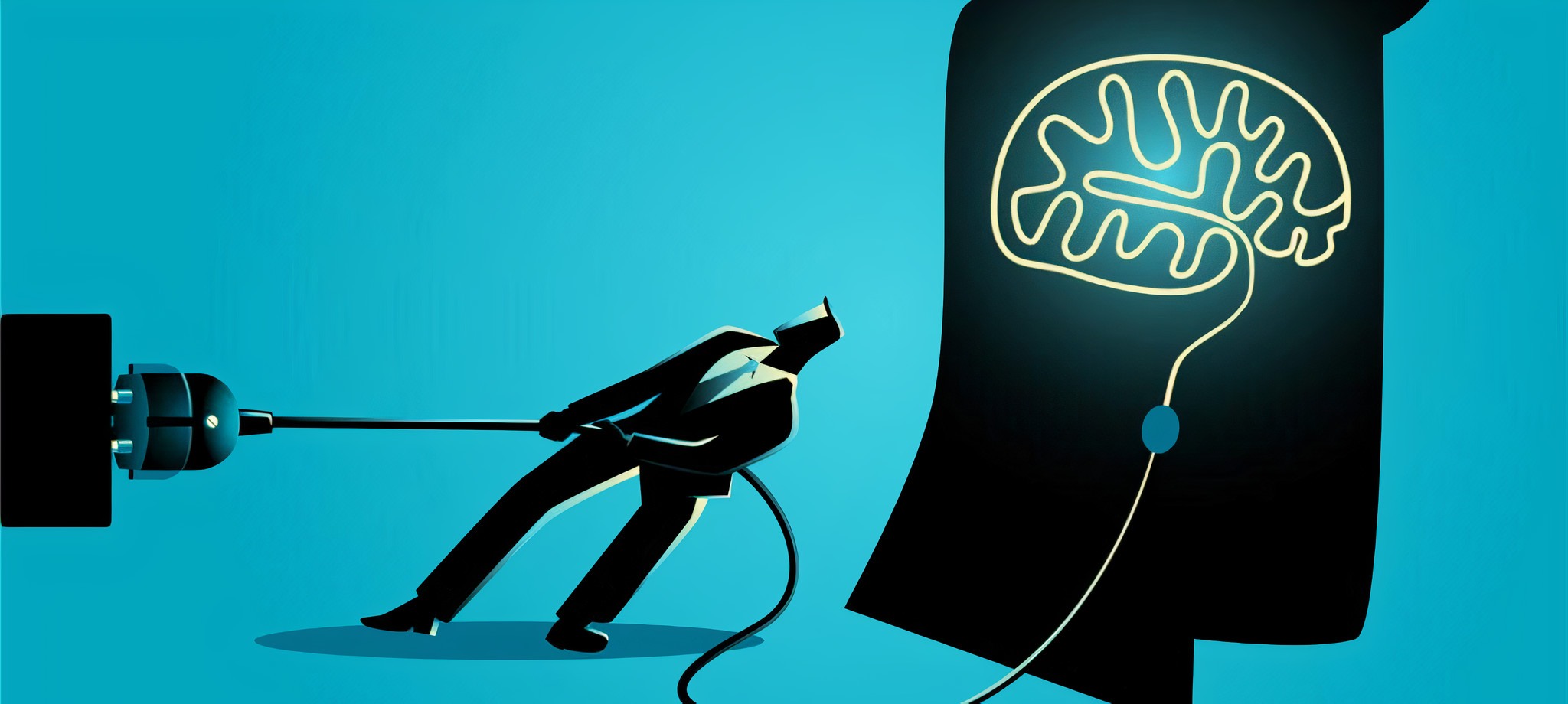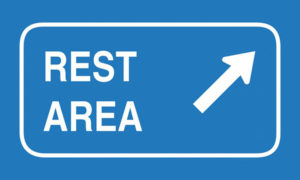
Why football teams only practice three days a week
12. 18. 20
It’s been a year like none other.
No need to debate it. The evidence is there – more than 70 million infected, 1.5 million deaths, and countless lives and businesses impacted by a pandemic we hadn’t even heard of last Christmas.
There’s been the odd silver lining. Our daughter, Julia, a hair stylist in the making, now gives me haircuts at home, and I love the house calls. The golf business, once in serious decline, roared back to life this year. Other sectors prospered too. Home renovations. Easy cook-at-home options like Hello Fresh. Online pet businesses are going crazy. Amazon is printing its own cash.
But on the ugly side, two specific things struck me about 2020:
- I don’t know the youngest members of our family. There have been a dozen or so kids born to my nieces and nephews in recent years. I see their glorious photos on Instagram and barely recognize them. It’s because we haven’t seen them in months or – in the case of Grace, Hayden, Braxton and Paxton, all born this year – never even met them. COVID Is to blame.
- Monotony. I’ve run my business from an office at home for 23 years, so I’m accustomed to working here much of the time. Just not ALL the time. This year I missed the energy from working in multiple places in addition to my own office – whether it’s where my clients are, on a train or airplane, even at my local Starbucks. I haven’t gone anywhere. It’s been rinse-and-repeat Zooms, conference calls and working at my desk for 10 months straight. I know many of you have done the same.
This monotony, in particular, can zap our energy. (You know how we feel after a few days at home with a cold or the flu, even though we’ve done nothing?) Without the normal mileposts of travel, vacationing and doing stuff we normally do, it’s been easy to just keep the cycle running, to just work. Plus, there’s a certain badge of honour in our society in declaring how “busy” we are – as if the alternative is shameful. Everybody else is busy. Shouldn’t I be too?
It’s a dangerous mindset.
Long before COVID, this research from the Harvard Business Review underscored the pitfalls of overwork. “The story of overwork is literally a story of diminishing returns. Keep overworking, and you’ll progressively work more stupidly on tasks that are increasingly meaningless…”
Okay, then.
Our bodies need rest. And so do our minds.
The practice of “real rest” is being tested now more than ever. But it’s been around forever.
- The top athletes know that working the same muscle group every day isn’t effective. Their bodies need time to recover, to integrate all the work they’ve been doing. Likewise, runners don’t run every day. They know the benefits in taking days off.
- Pro football teams only practice three days a week. Their typical routine is to play on Sundays, review film and rest on Mondays and Tuesdays, and then practice Wednesday through Friday. Saturday is travel day. The players need this schedule to recover from the beating they take on Sundays.
Now apply this thinking to our own work.
Wouldn’t we function better if we built in proper rest? Whether it’s visioning, plotting strategy, being innovative, doing any sort of problem solving… or just performing our everyday jobs… it all requires focus and concentration. It takes a toll. Wouldn’t we be better at these things if we applied our best, rested selves?
And I don’t mean our usual default to rest… the weekend. Long before COVID, our weekends ceased to be as restful as they once were – due mainly to mobile technology and our (bad) habits in how we use it.
No, our best rest comes when we dedicate ourselves to true rest. Not running every day means just that. Not practicing on Tuesdays means not coming to the stadium, let alone setting foot on the playing field. REST.
Three possibilities come to mind in approaching this challenge:
1. We can change our mindset on rest. Like NFL players, our rest shouldn’t be accidental. It’s not something we put off until we’re exhausted. It’s integral to our most productive work and our creative best. Rest isn’t a nice to do, it’s a NEED to do.
2. We can schedule it.Why can’t we make rest part of our calendars? I’ve discovered I’m most creative when my mind is shut off, when I’m actually not trying to be creative. So I’m grateful to walk Joe four times a day – they’re scheduled times when I shut down my mind. Friday afternoon golf accomplishes the same thing. Things are more likely to get done if they get scheduled.
3. We can fill ourselves up. Work, even enjoyable work that we’re passionate about, depletes the gas in our tank. So one way to approach rest is to identify things that fill us up. And it doesn’t have to be napping. Rest comes in a myriad of ways that put gas back in the tank. They’re unique to each of us. Dog walks, golf, Peloton, a bit of guitar, cutting grass (??) and Netflix have been my go-to’s during COVID. Cooking, painting, playing darts and lying in a hammock might be yours. We each get to decide. (As for our phones and laptops? It’s an oft-repeated cliché that we should unplug, and the experts say it’s true.)
Yep, it’s been a year of more ‘oy’ than joy, for certain.
So I’m resting for the next two weeks, with no big plans. The rest is necessary. It’s my mindset and it’s scheduled. There will be lots of dog walks and a couple of good books and some Peaky Blinders and a bit of Peloton. I’m filling my tank and excited about coming back strong on January 4.
The best teams, the top athletes, the highest performing companies and individuals – they all find ways to rest and recharge, to fill their tanks. And they’re better off for it.
Now, ask yourself:
- What’s your own mindset on rest?
- How do you fill yourself up?
P.S.
A big thanks to each of you for reading in 2020. I wish you and your families peace (and real rest) over the holidays, together with my sincere hope for a healthier and brighter 2021.

